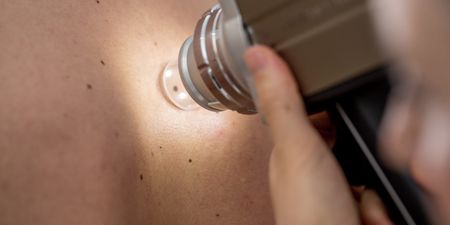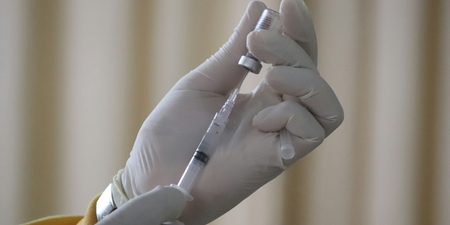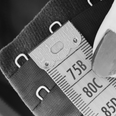Brought to you by Clonfolic.
It’s crucial for the development of a healthy baby.
First of all, what is folic acid? It’s a B group vitamin that contributes to the early development of a foetus.
Unfortunately it’s a vitamin that often gets overlooked. It’s a dangerous one to forget about though. If you are about to start your own family, or if you ever plan to have kids, you should really learn a bit about it and why it’s so important.
As per, we’re here to keep you in the know.
Folic acid plays a huge role in the early stages of a foetus’s physical development, particularly in the development of the spine and brain. Research has shown that a lack of folic acid is linked to the development of neural tube defects in a developing foetus, which is when the brain or spinal chord doesn’t develop properly.
The spinal chord appears in the first stages of foetal development, so you might not even realise that you’re pregnant before a neural tube defect appears. This is why it is recommended for women to increase their folic acid intake two months before getting pregnant.

You may have heard of Spina Bifida. Well, that is one of the major neural tube defects that occurs because of a lack of folic acid. Taking folic acid prior to and during conception has been shown to help decrease the risk of Spina Bifida or other neural tube defects by a huge 70 percent (so, yeah, pretty significant).
Unfortunately, Ireland actually has the HIGHEST incidence of neutral tube defects in all of Europe. This is likely because of a lack of folic acid in our diets.
You can get folic acid from a lot of leafy greens like cabbage, broccoli, cauliflower, spinach, lettuce, Brussels sprouts, green beans, peas, etc. You can also find it in potatoes, bread, bananas, grapefruit, brown rice, nuts, carrots, and fish.
It’s in LOADS of foods that you probably have in your daily meals anyway so a very easy vitamin to get in. All you have to do is make sure you’re getting enough.

It is recommended that women take about 400 micrograms of folic acid daily at least two months prior to pregnancy and for 12 weeks during pregnancy. Even if you’re not planning on getting pregnant, it’s a good idea to keep track of your folic acid intake if you’re sexually active and have a chance of conceiving.
A doctor will often recommend taking a folic acid supplement to ensure that you’re getting your necessary daily dose. So if you’re planning on having a baby, talk to your doctor and set out a plan together.
If you do decide to take a folic acid supplement, a great one to go for is Clonfolic. It’s a tablet that you take daily that includes the full 400 micrograms (0.4 milligrams) of folic acid that’s needed. You can buy it in either a one-month or a three-month package and it only costs about €6.30 for 98 tablets. You can pick up a packet at your local pharmacy.
If you are planning on getting pregnant, good luck and remember that it can take time. Just make sure to look after your future baby and, just as importantly, to look after yourself.
Brought to you by Clonfolic.
For more information, please visit Clonfolic’s website.


















































